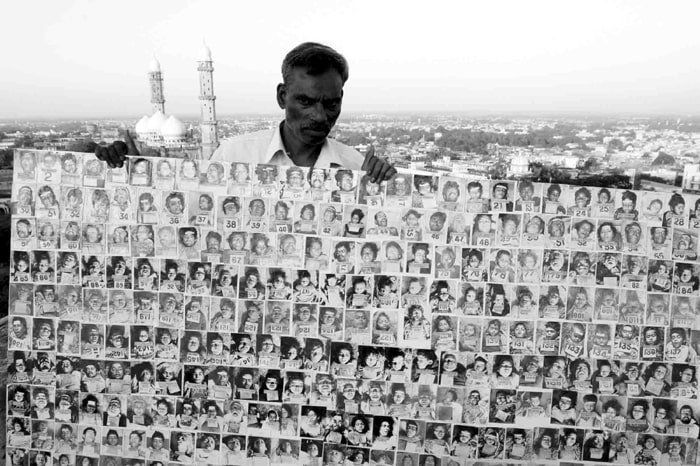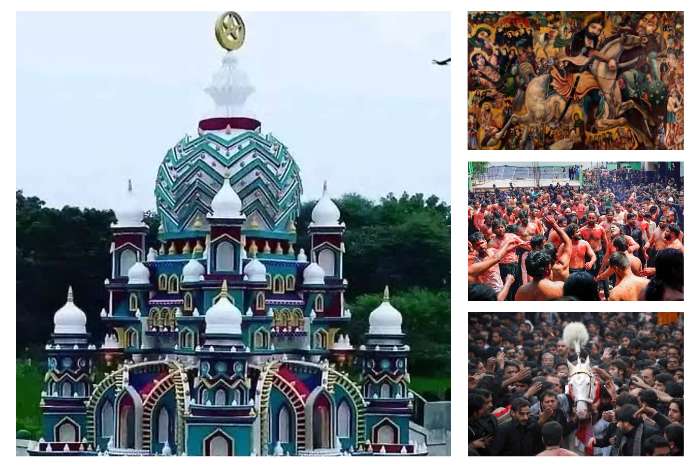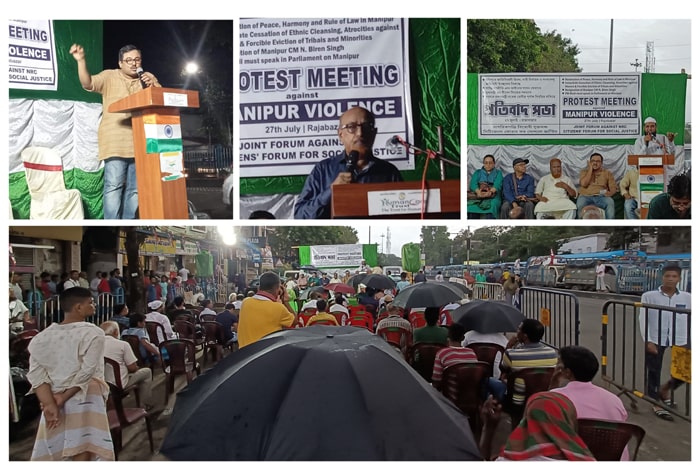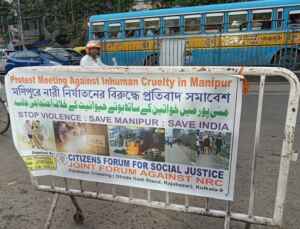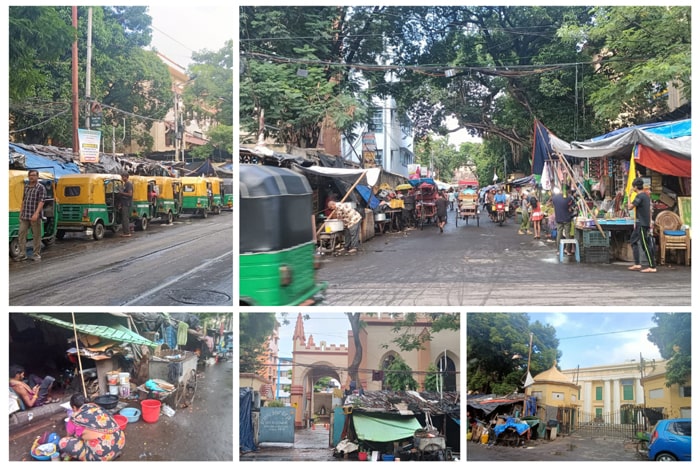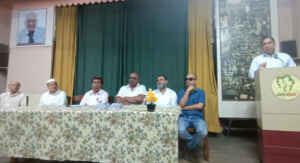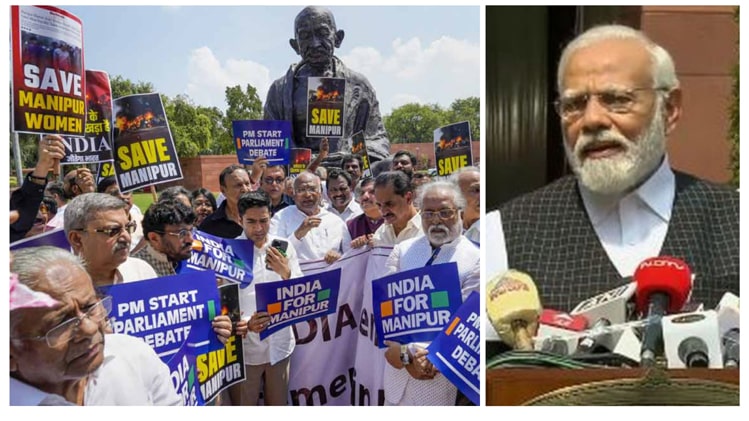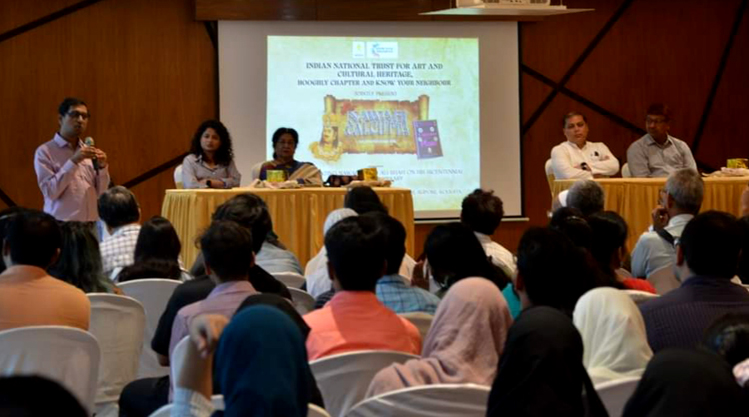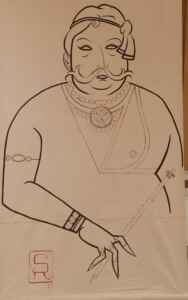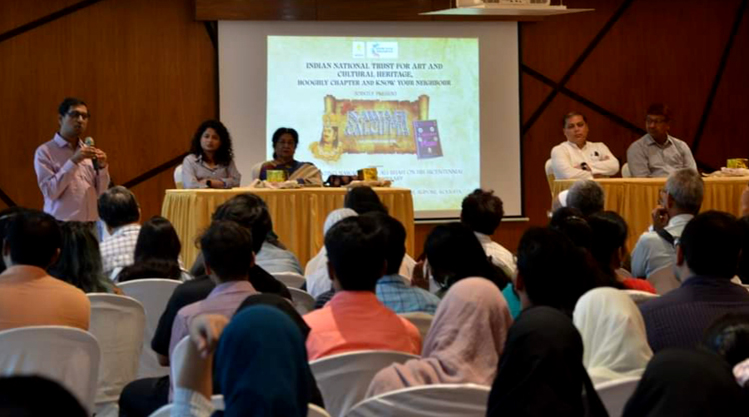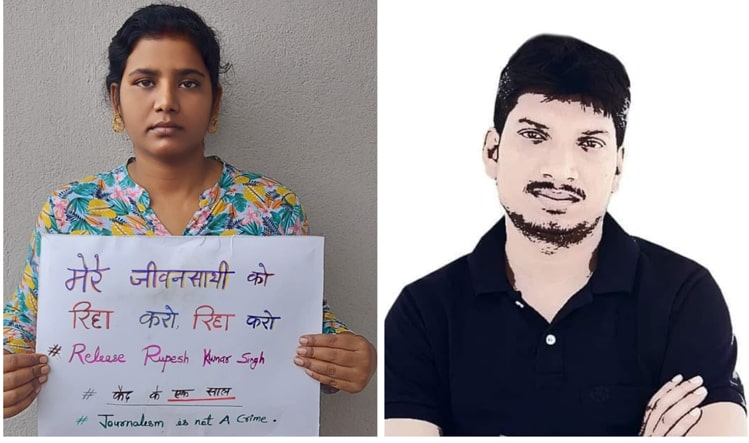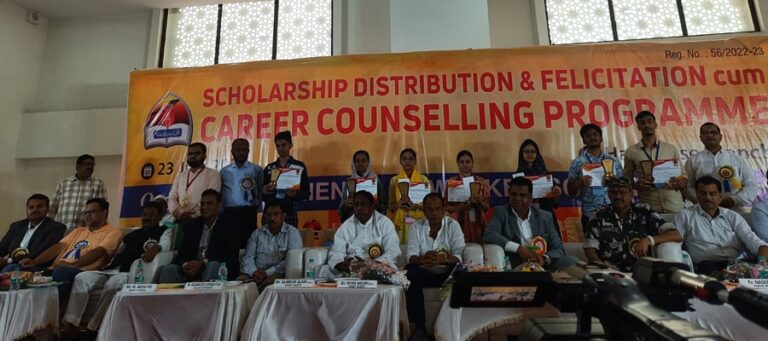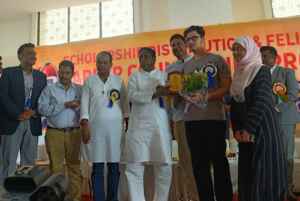Bhopal: During the 1970s and in the early 1980s, many of us were passionate about environmental issues which were inspired by the Narmada, Chipko, Silent Valley and other movements. However, during the same period, a series of accidents and untoward events that unfolded inside the Union Carbide Plant failed to cause concern among the residents as well as others who were otherwise passionate about environmental issues. But this indifference alone is not enough to explain Union Carbide’s countdown to the December 2-3, 1984 Bhopal Gas Tragedy that immediately killed over 3,000 people and maimed hundreds of thousands of others. Could the Bhopal tragedy have been averted? It appears that there has been a false conflation between duties and rights.
Blow to accountability
As early as 1974, residents of the nearby area where Union Carbide India Ltd. (UCIL) had established its pesticide plant in Bhopal’s Cholla Area found a well to be contaminated. “Cattle belonging to residents of Cholla strayed into the area of a pool fed by a rubber pipe issued from the factory. They drank the water and died soon after. Analysis of the soil showed contamination with heavy metals. In water from wells outside the plant area, toxic chemical substances were found. UCIL did not divulge these findings”, wrote Ingrid Eckerman, MD, in her book titled “The Bhopal Saga- Causes and Consequences of the World’s largest industrial disaster”, published by Universities Press, Hyderabad, India. [i]
The incident did not go down well in the city that has a rich trace of history of four Muslim women rulers, who ruled for over 107 years. Between 1976 and 1978 two major accidents in UCIL were reported. In the first instance, the two trade unions shot letters to the Ministry of Labour of the Government of Madhya Pradesh highlighting concern about pollution within the plant. However, in the second case, no report on a fire incident that took place inside the plant was filed.
Cold truth to the first death
Nearly two years later, in 1981, the first major incident in UCIL’s countdown to catastrophe came on Christmas Eve. Ashraf Khan, a worker came in contact with a deadly gas – phosgene. Ashraf died after 72 hours. His death was enough to draw attention to the dangers posed by UCIL and set an alarm before the legislators, administration and others to reassert the significance of Article 21 of the Constitution which guarantees one of the important fundamental rights to the citizens and says that no person shall be deprived of his/her ‘right to life’.
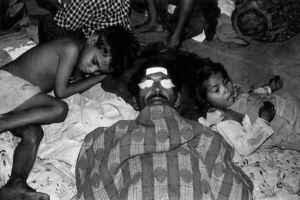
Paradox to first news reports
Ingrid adds that a journalist (eminent journalist late Rajkumar Keswani), who was a neighbour of the worker who died in 1981 had listened to the workers’ discussions about the dangers at the factory — toxic gases, deadly leaks and the likelihood of explosions. His final article, which appeared just five months before the disaster, was titled “Bhopal on the brink of a disaster”. Yet no one took any notice. He also sent letters where he summarised the findings of his investigations to the Chief Minister and the Chief Justice of the Supreme Court with requests to close the factory. “He got no answer,” wrote Ingrid.
Unsubstantiated end
In March 1983, a Bhopal-based advocate, Shahnawaz Khan had served a legal notice on the Union Carbide. In his notice, the petitioner presented examples of incidents that had taken place in the past where people living in the vicinity complained of breathlessness and irritation in the eyes. And, the petitioner, sought the US multinational’s response to several questions regarding the safety of operations within the pesticide plant.
Many rights, many duties
The matter would have ended there if Constitutional duties and rights and if the Constitution’s chief purpose to preserve and guarantee basic human rights, to equality, to liberty, among others could have been upheld.
All our rights emanate from our Constitution. The specific provisions on environmental protection are also enshrined in the Constitution. The preamble to our Constitution ensures a socialist pattern of the society and dignity of the individual. A decent standard of living and a pollution-free environment are inherent in this.
The Right to Environment is also a right without which the development of an individual and the realisation of his or her full potential would not be possible. Articles 21, 14 and 19 have been used for environmental protection.
The Constitution of India under Part- III guarantees fundamental rights which are essential for the development of every individual and every citizen is inherently entitled to be protected by such rights. The Right to Environment is also a right without which the development of the individual and realisation of his or her full potential would not be possible. Articles 21, 14 and 19 can also be invoked for environmental protection.
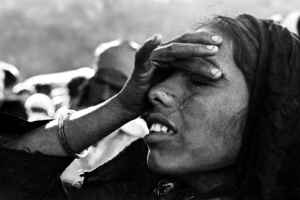
According to Article 21 of the constitution, “no person shall be deprived of his life or personal liberty except according to procedure established by law”. Article 21 has received liberal interpretation from time to time after the decision of the Supreme Court in Maneka Gandhi vs. Union of India, (AIR 1978 SC 597). Article 21 guarantees the fundamental Right to Life. Right to Environment, free of danger of disease and infection is inherent in it. The right to a healthy environment is an important attribute of the right to live with human dignity.
The chapter on fundamental duties of the Indian Constitution clearly imposes a duty on every citizen to protect the environment. Article 51-A (g), says that “It shall be the duty of every citizen of India to protect and improve the natural environment including forests, lakes, rivers and wildlife and to have compassion for living creatures.”
The Directive principles under the Indian constitution are directed towards the ideals of building a welfare state. A healthy environment is also one of the elements of a welfare state. Article 47 provides that the State shall regard the raising of the level of nutrition and the standard of living of its people and the improvement of public health as among its primary duties. The improvement of public health also includes the protection and improvement of the environment without which public health cannot be assured.
Article 48 – A of the constitution says that “the state shall endeavour to protect and improve the environment and to safeguard the forests and wildlife of the country”.
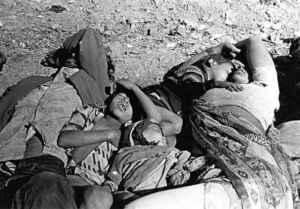
Need to strengthen the divide
More than four decades back, it seems that the values, duties and rights had other meanings.
Even at this stage, the people in power, like-minded individuals and officials in the administrative set-up have turned their back on what’s happening in and around the former UCIL plant in Bhopal and on the concerns of the former factory workers and residents living close to the UCIL plant.
It is important to note that a judgment on one of the earliest cases on environment protection and health & well-being of citizens passed by the Supreme Court of India as early as 1980, its significance got overlooked.
It is also notable that in Municipal Council, Ratlam, vs Vardhichand AIR 1980 SC 1622 case, some of the residents of the Ratlam municipality filed a complaint before the Sub-Divisional Magistrate alleging that the municipality is not constructing proper drains and there is stench and stink caused by the excretion by nearby slum-dwellers and that there was a nuisance to the petitioners.
The plea for safeguarding the health & well-being of citizens was acknowledged by the Sub-Divisional Magistrate. In his order, the SDM directed the municipality to prepare a plan within six months to remove the nuisance. The order passed by the SDM was approved by the High Court. Meanwhile, the Ratlam Municipality came an appeal before the Supreme Court of India and contended that it did not have sufficient funds to carry out the work directed by the SDM. The Supreme Court acknowledged the citizens’ right to life.
“The Supreme Court of India gave directions to the Municipality to comply with the directions and said that paucity of funds shall not be a defence to carry out the basic duties by the local authorities,” says the text of the speech delivered by Hon’ble Mr Justice KG Balakrishnan, Chief Justice of India. The former CJI made his speech at the Judicial Activism And The Role Of Green Benches In India, organised by the Asian Justices Forum Strengthening Court Capacity on Environmental Adjudication in 2007. [ii]
It is believed that after the Supreme Court’s directive regarding the health & well-being of the citizens of Ratlam, a series of cases were filed before the country’s Apex Court and there was a dynamic change in the whole approach of the courts in matters concerning the environment.
The bad news is that though the case Municipal Council, Ratlam vs Vardhichand AIR 1980 SC 1622 was from Madhya Pradesh and from a town that is less than 300 km from Bhopal no concerned official apparently paid any heed to the goings on in Bhopal. If it had been taken note of by them, the world’s biggest and worst-ever industrial disaster – may have been averted. Consequently, it is the individual, or individuals who pay the price, and who must then run from pillar to post to vindicate their constitutionally guaranteed rights.
Anup Dutta is a fellow of Vikas Samvad Constitution Fellowship 2022.



